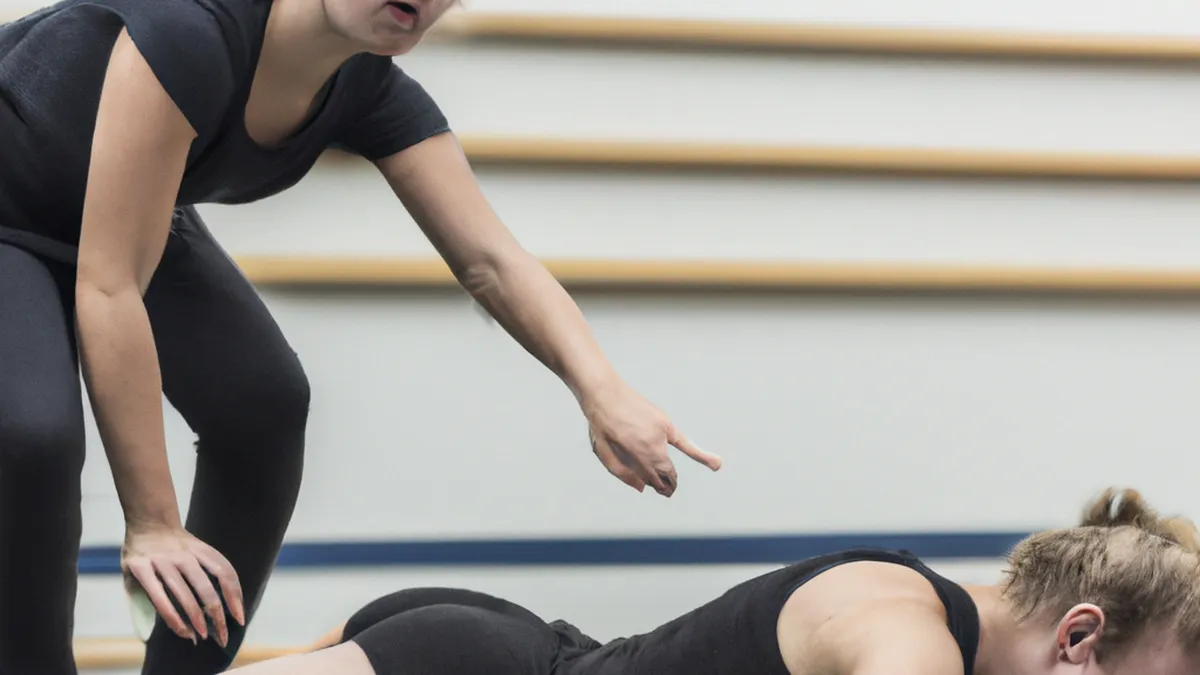Refocus and Reflect: Mindfulness After Sports
Mindfulness Practices Post-GameAthletes invest deeply in every game. The competition, adrenaline, and teamwork create an exciting experience. However, post-game emotions can overwhelm players. As adrenaline fades, athletes may struggle to process their feelings. Mindfulness practices can help athletes reflect constructively on their performances. This blog post shares effective mindfulness techniques for athletes after games.
Why Mindfulness Matters
Mindfulness enhances awareness and helps athletes reflect objectively. Instead of fixating on mistakes, players focus on growth. This mindset shift builds resilience, an essential quality for athletes. Mindfulness fosters a supportive learning environment, allowing athletes to learn from all experiences without self-criticism.Additionally, mindfulness significantly lowers stress levels. After intense games, athletes often feel anxious and fatigued. Practicing mindfulness calms their minds and eases transitions back to everyday life. This emotional regulation improves future performance and overall well-being.
Tips for Practicing Mindfulness Post-Game
As an Amazon Associate I earn from qualifying purchases.
Gear tip: consider compression sleeves, compression socks, and percussive massager to support this topic.
1. Breathing Exercises
Focused breathing serves as a simple yet powerful mindfulness technique. After the game, find a quiet space to sit comfortably. Close your eyes and gather your thoughts. Concentrate on your breath—inhale deeply through your nose, hold, and exhale slowly through your mouth. Repeat several times, grounding yourself in the present. Visualize positive energy filling you with each inhale. Release tension and negativity with each exhale.
2. Body Scan Meditation
After a game, physical and emotional tension may linger. Body scan meditation helps reconnect with your physical self. Lie down or sit comfortably and close your eyes. Take deep breaths to center yourself. Focus on your feet, noticing sensations or tension. Gradually move your awareness up through your body—ankles, calves, thighs, abdomen, chest, shoulders, arms, neck, and head. Spend time on each area, acknowledging how you feel and releasing tightness. This practice promotes relaxation and increases body awareness.
3. Reflective Journaling
Journaling acts as a powerful mindfulness practice for self-reflection. After the game, grab a notebook or open a digital document. Write down your immediate impressions of the game. What went well? What could improve? Were there moments of frustration?
Conclusion
Mindfulness practices help athletes process their experiences and emotions effectively. These techniques enhance reflection, reduce stress, and foster growth.
Below are related products based on this post:
FAQ
Why is mindfulness important for athletes?
Mindfulness is crucial for athletes as it enhances awareness and allows them to reflect objectively on their performances. This shift in mindset helps players focus on growth rather than fixating on mistakes, building resilience and fostering a supportive learning environment.
What are some mindfulness techniques athletes can use post-game?
Athletes can utilize several mindfulness techniques post-game, including breathing exercises, body scan meditation, and reflective journaling. These practices help in reducing stress, reconnecting with the body, and promoting self-reflection, which are essential for emotional regulation and overall well-being.
How does mindfulness reduce stress for athletes?
Mindfulness reduces stress by calming the mind and easing transitions back to everyday life after intense games. By practicing mindfulness, athletes can manage feelings of anxiety and fatigue, leading to improved emotional regulation and better future performance.















Post Comment